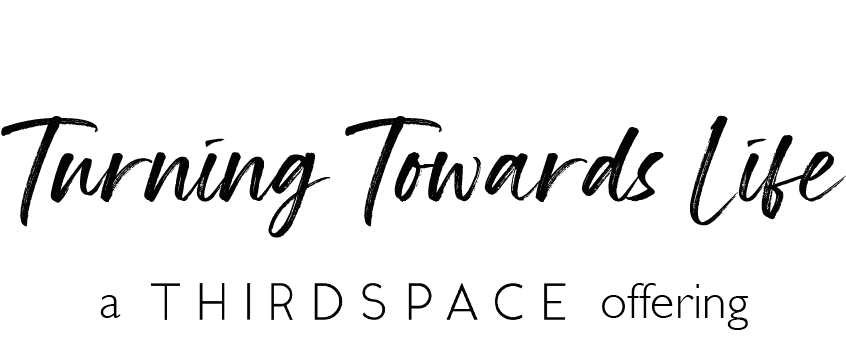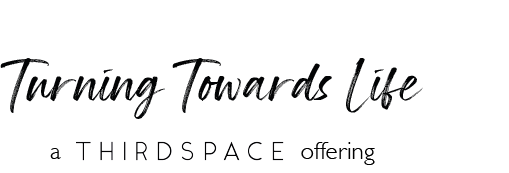The Story of Money, Episode 237
The cultural story of money that we all live in has opened up all kinds of opportunities for trade and exchange in the world.
And at the same time, the story is easily one of transaction rather than relationship, of fleeting contact rather that the weaving of deep reciprocal obligation and care, of efficiency, mechanism and convenience over the vulnerability and gifts of connection and reciprocity and community. Is there a way we can live in the story of money in a way that binds us into the gathering of life?
This week's Turning Towards Life is a conversation about how we find our way back to living relationship when the story of money might isolate us and have us feeling separate from one another. It's hosted as always by Lizzie Winn and Justin Wise of Thirdspace.
Here's a link to the details of the new Thirdspace Leading from Essential Self programme which we talked about in the previous episode and which is is coming up soon. And our year-long Professional Coaching Course which begins in June 2022
Here’s our source for this week:
Sometimes to accept is also a gift. The anthropologist David Graeber points out that the explanation that we invented money because barter was too clumsy is false. It wasn’t that I was trying to trade sixty sweaters for the violin you’d made when you didn’t really need all that wooliness. Before money, Graeber wrote, people didn’t barter but gave and received as needs and goods ebbed and flowed. They thereby incurred the indebtedness that bound them together, and reciprocated slowly, incompletely, in the ongoing transaction that is a community. Money was invented as a way to sever the ties by completing the transactions that never needed to be completed in the older system, but existed like a circulatory system in a body. Money makes us separate bodies, and maybe it teaches us that we should be separate.
Rebecca Solnit, from 'The Faraway Nearby'
Photo by Nathan Dumlao on Unsplash

